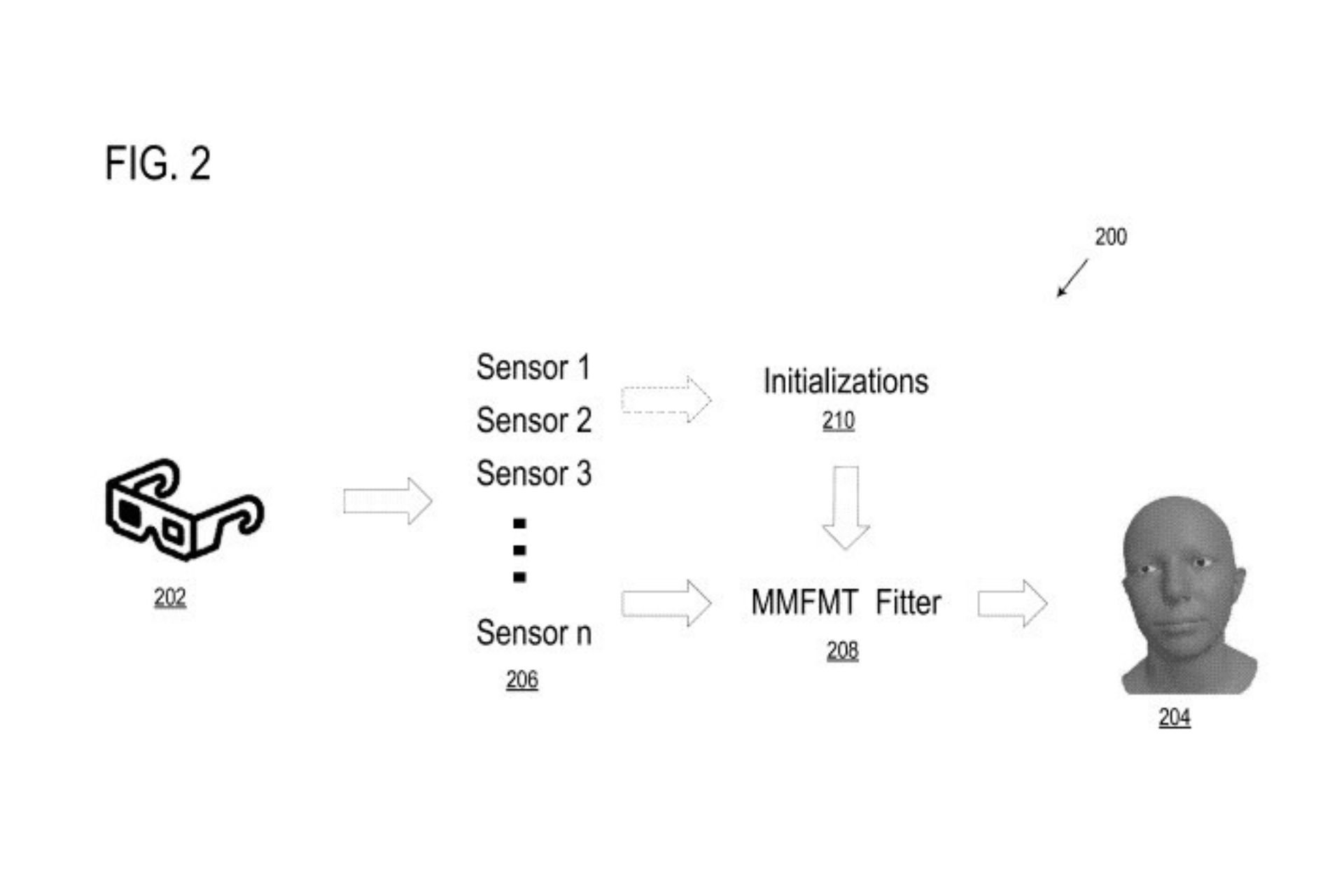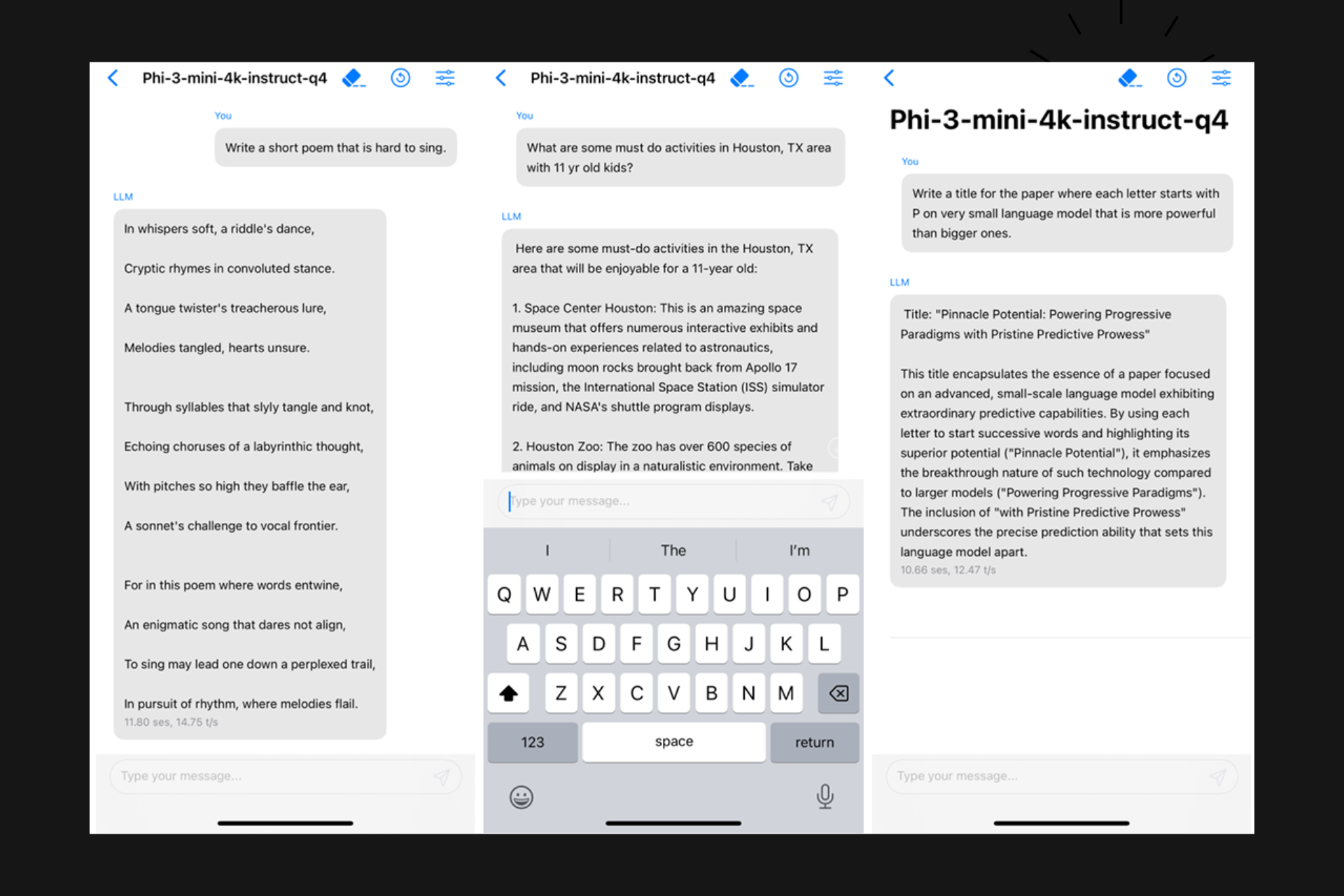The Windows Reliability Monitor issue for Opera is now fixed
3 min. read
Updated on
Read our disclosure page to find out how can you help Windows Report sustain the editorial team Read more
Key notes
- Starting last week, users reported some issues while they were browsing with Opera.
- The company investigated and discovered a Windows Reliability Monitor problem.
- You should know that the problem has been fixed and everything is back to normal.

Even though you might think that everyone and their families are using Google Chrome as their default browser nowadays, the truth is that they aren’t.
Yes, it is the most popular browser out there, but there are other excellent choices out there, more lightweight and packing more useful features than good old Chrome.
You can go for Vivaldi, Edge, Tor, Brave, Avast Secure, Firefox, DuckDuckGo, or the one we recommend the most, which is Opera.

Opera
A lightweight, trustworthy browser that will give you access to secure, fast, and error-free browsing.Now, since we are talking about this browser, let’s also discuss the fact that Opera Software, which is the company behind it, has fixed the Windows Reliability Monitor issue.
Opera users started reporting last week that the web browser was causing seemingly unrelated entries in the Windows Reliability Monitor whenever it was started.
We have an update on the situation and we are eager to share it with you, so let’s dive right into it and see what this is about.
Opera no longer has the Windows Reliability Monitor bug
Let us start by saying that the above-mentioned issue did not impact the browser’s functionality, stability, or performance, but it did confuse users and developers alike.
Everyone was now wondering what could have caused the entries to be generated and displayed by the Windows Reliability Monitor.
As you would have imagined, Opera developers started to investigate this annoying issue last week, following multiple reports.
Experts identified the issue quickly and created patches to address it, so this problem has been fixed in Opera 89 Stable and Opera development editions.
As noticed when updating Opera to the latest version and monitoring the Windows Reliability Monitor log for changes, no additional log entries were created in the latest version.
Judging from what developers discovered, the above-mentioned bug was caused by the browser’s new VPN Pro component.
You should know that Opera used the Windows Installer Provider, and API calls generated the series of event logs that Windows Reliability Monitor logged as successful application reconfigurations.
Furthermore, the company mentioned that the bug is not specific to the Opera browser and that it did not impact the browser’s performance, stability, or functionality in any way, shape, or form.
So, if you were worried about this while browsing, you can rest assured that you no longer have to deal with the problem.
Have you also encountered this issue while using Opera? Share your experience with us in the comments section below.









